Urban Indians in better emotional and mental health in 2021 vs 2020: Ipsos
According to a new global survey by the World Economic Forum and Ipsos, to mark one year of COVID19, urban Indians are in better emotional and mental health in 2021 vis-à-vis 2020, when the pandemic broke out.
The Net scores which are the barometer for measuring the mental wellbeing of ‘% Worse’ from ‘% Improved’ has more markets showing positive mental health when compared to beginning of 2021 as opposed to when compared to one year ago, where only 3 markets of China, India, Saudi Arabia have displayed positive Net scores.
When you compare the Change in emotional and mental health vs. Beginning 2021, the Top Net Scorers of 2021 included the markets of China (51%), Saudi Arabia (29%), India (41%), Australia (9%), Colombia (16%), Russia (3%), US (3%) and Argentina (10%) while the global net score was -4%.
India is one of just three countries (mainland China and Saudi Arabia being the other two) where more adult netizens report an improvement in their emotional and mental health than a decline as compared to a year ago. And the Net scores (‘% Worse’ from ‘% Improved’) for these three countries are India (21%), China -mainland (28%) and Saudi Arabia (3%).
“When COVID 19 struck in the beginning of 2020, its impact was unprecedented, and it led to widespread gloom, with no ray of hope and people were not sure of how to control the spread except for being very cautious of wearing mask, maintaining social distancing and washing of hands. For a short period of time in the beginning of 2021 the situation in India seemed to be in control (going by the number of daily active cases except in a few states). Added to the ray of hope and optimism of the Indian netizens, along with the security of the vaccine that is being rolled out, we are also seeing a fair proportion of people recover from the deadly virus and people are learning to live amid the nagging corona virus,” says Amit Adarkar, CEO, Ipsos India.
Return to pre-COVID normal life?
Saudi Arabia, India, Russia and mainland China are most optimistic and believe, life could normalize within the next 12 months. While Japan on the contrary is most pessimistic with at least 80% of its citizens believing the pandemic could drag on beyond 12 months, disrupting normalcy. More than half the adults surveyed in France, Italy, South Korea, and Spain expect it will take longer and it could stretch beyond 12 months for life to return to normalcy. Views of global citizens were polarized.
How much longer for COVID 19 pandemic to be contained?
Indians are most optimistic globally with 81% believing the virus will be contained within the next 12 months. The Chinese too are optimistic and expect the virus to be contained in the next 12 months. Global citizens were seen to be divided in their views. And the markets most pessimistic, were found to be Japan and Sweden, who felt it could take longer to contain the corona virus, beyond 12 months.
“While the virus is back with a vengeance and we are in the midst of the second wave of COVID 19, with more daily active cases than any other country, the economic impact has been quite bad but Indians have shown resilience and they probably are hoping life would be normal sooner than later. With the enormous population, the vaccination drive itself could stretch for many months before there could be effective control. For urban Indians, their current preoccupation is with earning their livelihood and of holding onto their jobs. So, the optimism could be somewhat misplaced and what could help all of us, along with the vaccination drive is complying with appropriate COVID 19 behaviour and protocols,” added Adarkar.


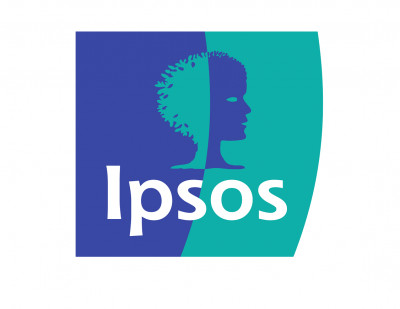

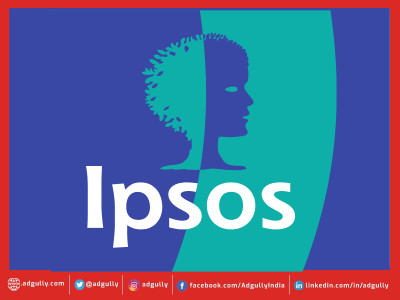

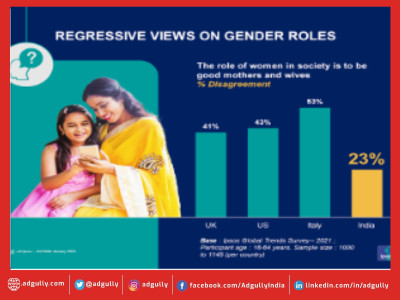



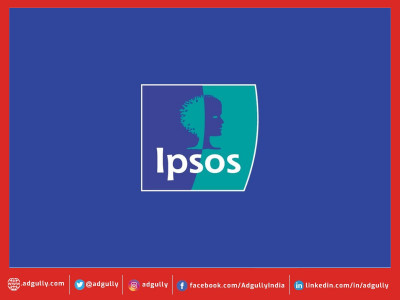

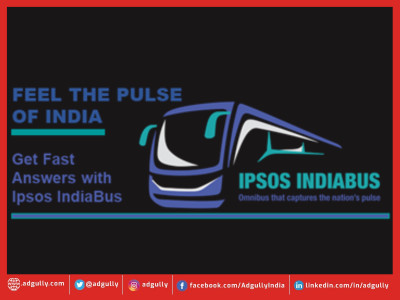


Share
Facebook
YouTube
Tweet
Twitter
LinkedIn